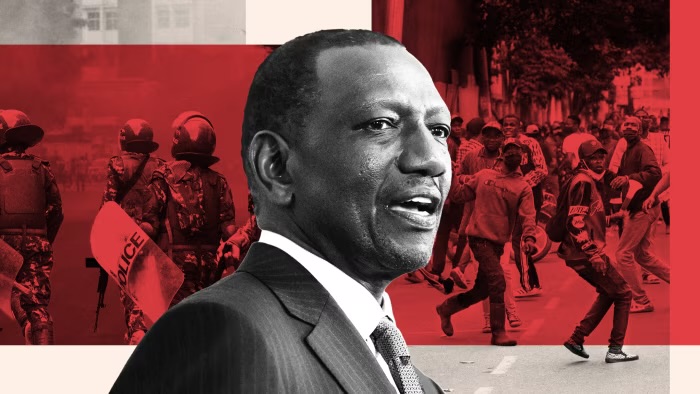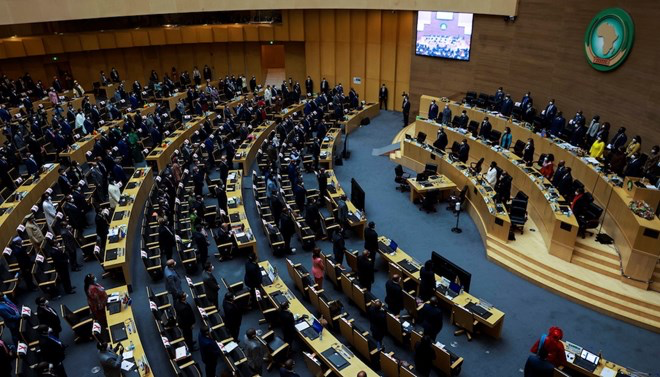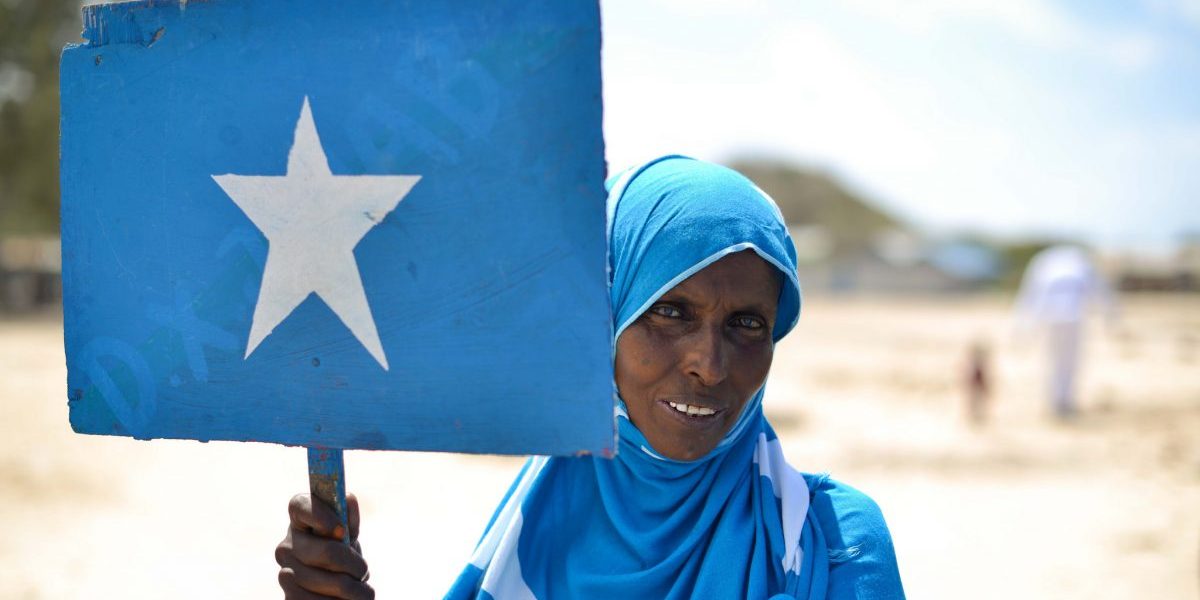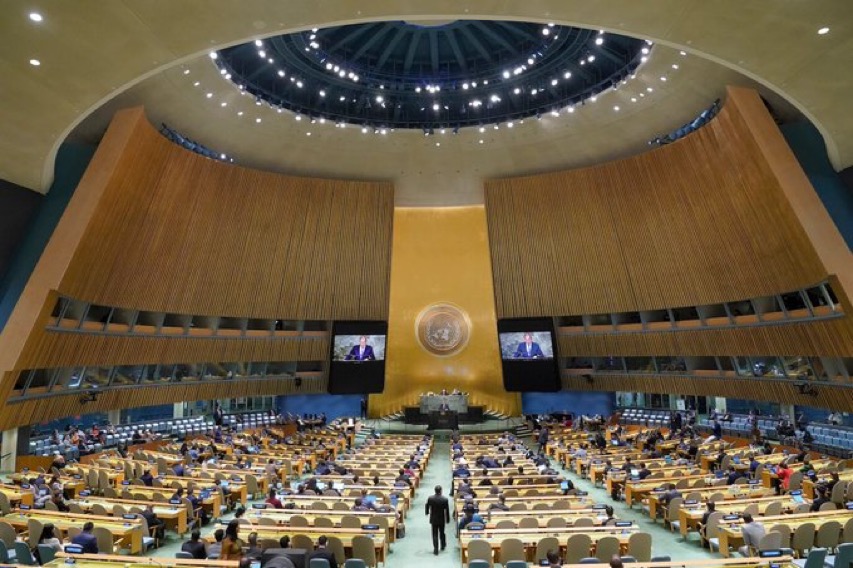In May, William Ruto, Kenya’s president, was being feted by the White House at a glittering gala dinner hosted by Joe Biden in the first state visit by an African leader to the US in 16 years. By July, Washington’s favourite dinner guest was facing a popular revolt at home. He fired his cabinet and jettisoned tax-raising legislation after nationwide protests culminated in the storming of parliament…
Ruto is not the first leader whose polished international image fails to reflect his sinking domestic reputation. But he is a stark example of the difficulty of reconciling global obligations which in Kenya’s case include servicing a ruinously high debt with domestic political realities, Ruto swept to power in 2022 on a populist swell after appealing to the nation’s “hustlers” those scrabbling a living through their wits and hard work.
In a nation of 56mn with only 3mn formal jobs to go round, reaching out to the masses in the informal economy the street hawkers, shoe shiners, day labourers, subsistence farmers, market women, Uber drivers and so on was electoral dynamite. Ruto ran without the endorsement of the incumbent, Uhuru Kenyatta.
But he used his mass appeal to open the doors of State House. And in many ways, his electoral revolution was commendable. He is no saint to be sure. He made a fortune alongside politics and survived an indictment by the International Criminal Court for alleged orchestration of political violence. But his appeal to an unrepresented underclass transcended ethnic rivalries that have been tirelessly exploited by Kenya’s political class.
By relying on an increasingly urban and well-informed electorate, Ruto tapped into a modern idea: that of social contract between voters and a government promising to deliver services and opportunity. But, having stirred up popular sentiment, Ruto has unleashed a force he can no longer control. Protests have been leaderless and hydra-headed, with no kingpin to pay off or ethnic rivalries to foment. In normal times he might have made things work, but he inherited a sinking fiscal situation.
The Kenyatta government borrowed, spent and mislaid prodigious amounts of money. Much of it was wasted on extravagant projects — including a $4bn-plus half-completed Chinese-built single-gauge railway — that have increased Kenya’s debt without yielding an economic return. According to Ken Opalo, an associate professor at Washington’s Georgetown University, Kenyatta added $51bn to the $22bn debt pile he started with.
Servicing those obligations swallows an unsustainable 38 per cent of revenue. In the words of one of Ruto’s advisers, Kenyatta’s government “swiped the national credit card”. Ruto has avoided a default through some clever financial footwork. But he has had to punish his own hustler support base with an IMF-endorsed programme to increase tax revenue to eventually reach 25 per cent of GDP from current levels of 15 per cent.
That is not easy to do when the quality of services has been declining. There can be no taxation without electrification. Nor is it palatable when taxpayers in the formal sector are so few and extracting tax from the masses in the informal sector is so painful. Squeezing an extra $2.3bn out of a population with an average income of $2,000 is hard enough. When the motive is paying off international bondholders and creditors, it has proved impossible.
One placard during recent protests — in which as many as 50 people were shot dead — read: “We ain’t IMF bitches.” Ruto’s tax-raising efforts have ignited a social movement that should be a warning to other fiscally constrained governments. Nigeria take note. Unfortunately for Ruto, the fight is more complex than one simply between poor Kenyans and ruthless international debt collectors.
Most protesters blame politicians for running up debts and siphoning off some of the proceeds. Kenya’s elites enjoy flashing their wealth. “Look at the lifestyles they are constantly parading on social media,” says Patrick Gathara, a political cartoonist, adding that politicians cannot resist flaunting first-class travel, designer clothes and private helicopters on TikTok. For a populist, Ruto’s reading of the popular mood has been inept.
Having failed to subdue demonstrations through violence and intimidation, he has been forced to capitulate. Now he is venting his wrath on the political class of which he is a part. Henceforth, he has promised, it will steal less and perform better. If Ruto manages to deliver on that pledge, he may yet salvage his reputation — both at home and abroad.




